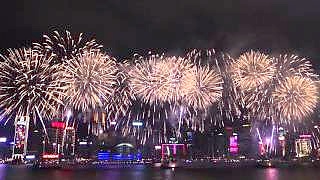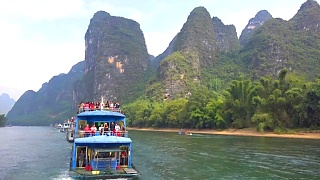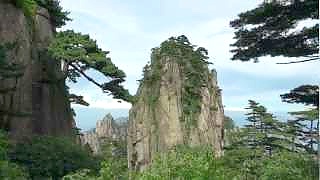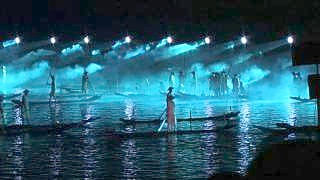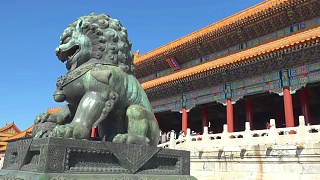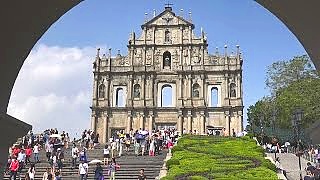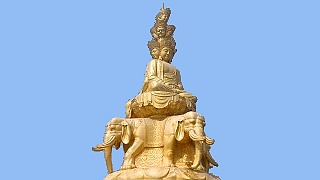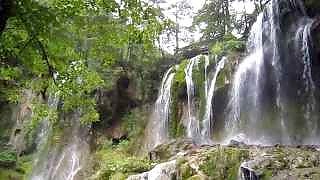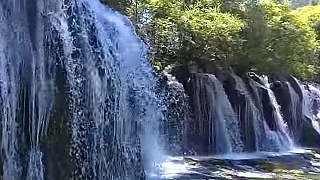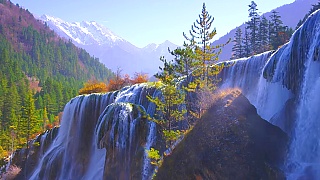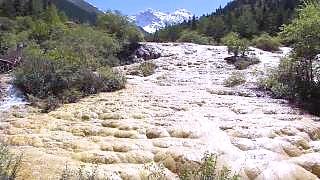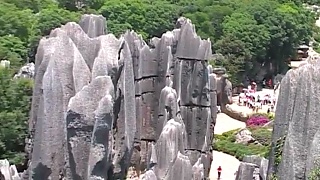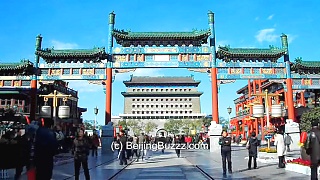Filmed during two days hiking in the Tiger Leaping Gorge.
At a maximum depth of approximately 3790 meters, from the YangTze River to mountain peak, Tiger Leaping Gorge is one of the deepest and most spectacular river canyons in the world.
Tiger Leaping Gorge lies between Jade Dragon Snow Mountain and HaBa Snow Mountain. It is part of the Three Parallel Rivers of Yunnan Protected Areas UNESCO World Heritage Site.
[640],shadow=true,start=,stop=
 The magnificent Tiger Leaping Gorge 虎跳峡, YunNan province, in Ultra HD / 4K
The magnificent Tiger Leaping Gorge 虎跳峡, YunNan province, in Ultra HD / 4K
